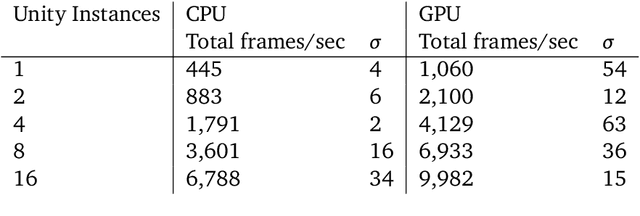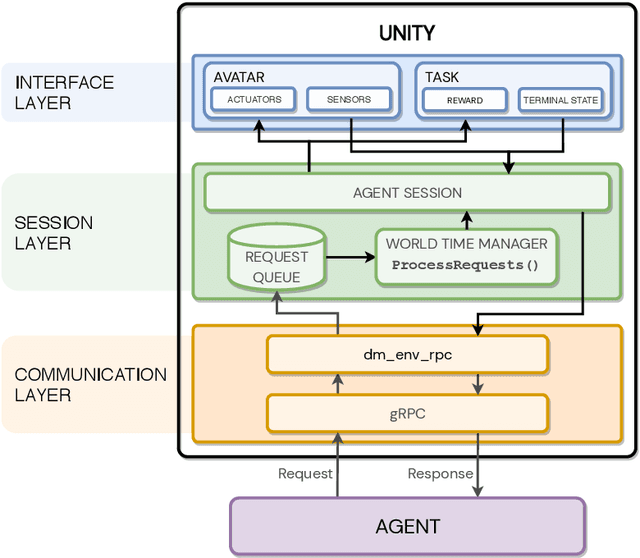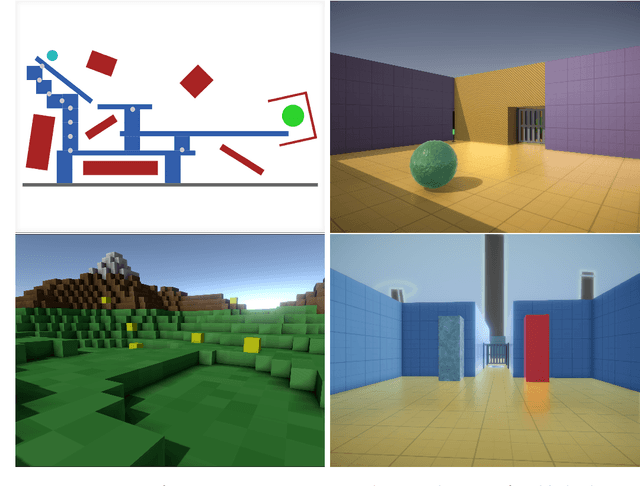Simon Carter
Parameter estimation from an Ornstein-Uhlenbeck process with measurement noise
May 22, 2023Abstract:This article aims to investigate the impact of noise on parameter fitting for an Ornstein-Uhlenbeck process, focusing on the effects of multiplicative and thermal noise on the accuracy of signal separation. To address these issues, we propose algorithms and methods that can effectively distinguish between thermal and multiplicative noise and improve the precision of parameter estimation for optimal data analysis. Specifically, we explore the impact of both multiplicative and thermal noise on the obfuscation of the actual signal and propose methods to resolve them. Firstly, we present an algorithm that can effectively separate thermal noise with comparable performance to Hamilton Monte Carlo (HMC) but with significantly improved speed. Subsequently, we analyze multiplicative noise and demonstrate that HMC is insufficient for isolating thermal and multiplicative noise. However, we show that, with additional knowledge of the ratio between thermal and multiplicative noise, we can accurately distinguish between the two types of noise when provided with a sufficiently large sampling rate or an amplitude of multiplicative noise smaller than thermal noise. This finding results in a situation that initially seems counterintuitive. When multiplicative noise dominates the noise spectrum, we can successfully estimate the parameters for such systems after adding additional white noise to shift the noise balance.
Using Unity to Help Solve Intelligence
Nov 18, 2020



Abstract:In the pursuit of artificial general intelligence, our most significant measurement of progress is an agent's ability to achieve goals in a wide range of environments. Existing platforms for constructing such environments are typically constrained by the technologies they are founded on, and are therefore only able to provide a subset of scenarios necessary to evaluate progress. To overcome these shortcomings, we present our use of Unity, a widely recognized and comprehensive game engine, to create more diverse, complex, virtual simulations. We describe the concepts and components developed to simplify the authoring of these environments, intended for use predominantly in the field of reinforcement learning. We also introduce a practical approach to packaging and re-distributing environments in a way that attempts to improve the robustness and reproducibility of experiment results. To illustrate the versatility of our use of Unity compared to other solutions, we highlight environments already created using our approach from published papers. We hope that others can draw inspiration from how we adapted Unity to our needs, and anticipate increasingly varied and complex environments to emerge from our approach as familiarity grows.
The OS* Algorithm: a Joint Approach to Exact Optimization and Sampling
Jul 03, 2012



Abstract:Most current sampling algorithms for high-dimensional distributions are based on MCMC techniques and are approximate in the sense that they are valid only asymptotically. Rejection sampling, on the other hand, produces valid samples, but is unrealistically slow in high-dimension spaces. The OS* algorithm that we propose is a unified approach to exact optimization and sampling, based on incremental refinements of a functional upper bound, which combines ideas of adaptive rejection sampling and of A* optimization search. We show that the choice of the refinement can be done in a way that ensures tractability in high-dimension spaces, and we present first experiments in two different settings: inference in high-order HMMs and in large discrete graphical models.
 Add to Chrome
Add to Chrome Add to Firefox
Add to Firefox Add to Edge
Add to Edge